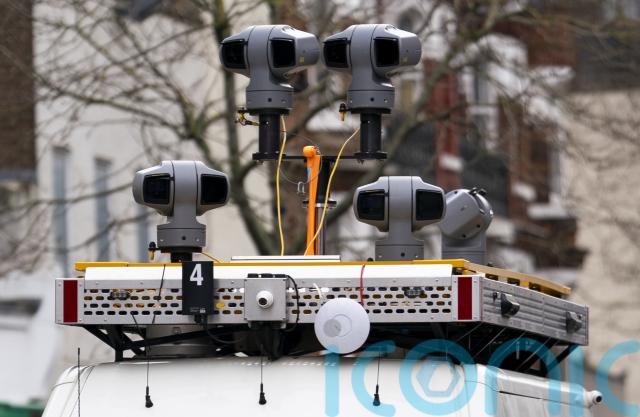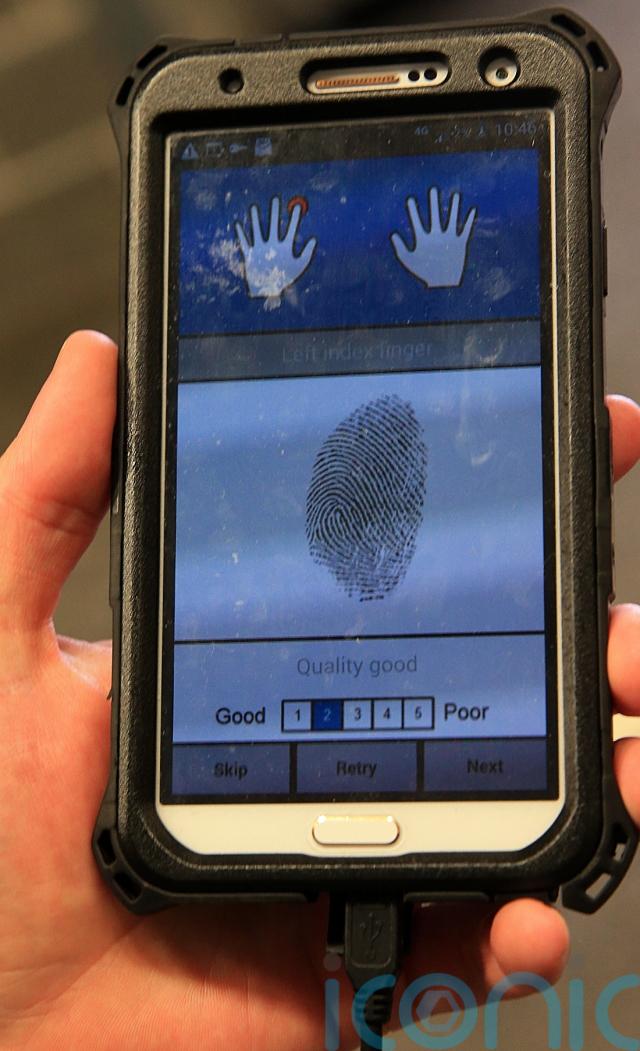
A commissioner that monitors the use of biometric data has praised Police Scotland for reducing the number of cases where it captures information from children.
In 2023, the Scottish Biometrics Commissioner (SBC), Dr Brian Plastow, published a review which called upon the force to develop a policy for fingerprints, DNA samples, images and other forms of biometrics from anyone under 18.
The review said such information should only be taken when absolutely necessary, rather than for every person under the age of 18.
Two years on from the review, Dr Plastow says Police Scotland has taken his advice, leading to a 7.5% reduction in the number of children having biometrics taken.

His annual report said 2,003 children had at least one form of biometric taken in 2023-2024, and 1,851 in 2024-2025, a decrease of 152.
Dr Plastow said: “Police Scotland introduced a new policy in March 2024 whereby biometric data is now only captured from children arrested in connection with violent or sexual offending, or otherwise by exception.
“In the year following the policy change, there has been a 7.5% reduction in the number of children having biometrics captured.
“Around 4,000 children are arrested in Scotland each year. The outcome of this policy change is that less children will have their biometric data captured following arrest.
“This better reflects the interests of children and the policy position in Scotland via incorporation of the United Nations Convention on the Rights of the Child (Incorporation) (Scotland) Act 2024.”
The SBC function was established by the Scottish Biometrics Commissioner Act 2020.

The commissioner’s general functions are to support and promote the adoption of lawful, effective and ethical practices in relation to the acquisition, retention, use and destruction of biometric data for criminal justice and police purposes in Scotland by Police Scotland.
Dr Plastow also said he would support the use of live facial recognition by police, so long as it was necessary and proportionate.
He said: “I would support the future use of live facial recognition by Police Scotland, providing that such use was proportionate and necessary, and that it was not deployed in a way that would bring Police Scotland into conflict with the high bar of safeguards contained within the Scottish Biometrics Commissioner Code of Practice.
“Having primary legislation in Scotland for the future use of live facial recognition would, however, provide better legal safeguards.”
He added: “As I publish my annual report, I also wish to pay tribute to the hard-working and resolute police officers and forensic scientists who serve our communities around the clock in Scotland, 365 days of the year.
“Their dedication to delivering public safety and security is something we should be proud of, and is the bedrock of our safe and flourishing society.”
Subscribe or register today to discover more from DonegalLive.ie
Buy the e-paper of the Donegal Democrat, Donegal People's Press, Donegal Post and Inish Times here for instant access to Donegal's premier news titles.
Keep up with the latest news from Donegal with our daily newsletter featuring the most important stories of the day delivered to your inbox every evening at 5pm.